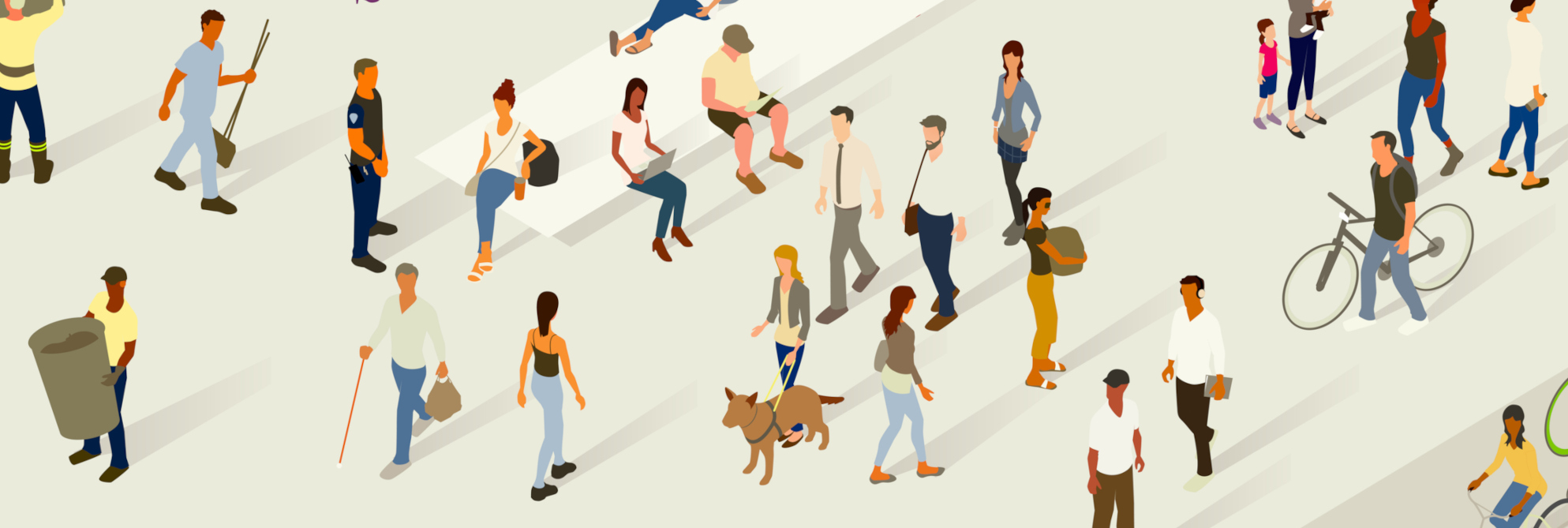How can we better understand, recognise and support people who feel lonely? For Loneliness Awareness Week new Research in Practice resources explore social connections.
The quality of our relationships at home, our place of work and in communities matter. However for many, feelings of loneliness are affecting mental health and wellbeing.
It is subjective to each situation but building social connections is an essential component of effective support. We are wired for social contact and people of all ages need connections that matter.
In a new blog, Lloyd Boone seeks to recognise the impact of loneliness and how our communities can provide support for people who are experiencing it.
In new videos, Gerry Nosowska examines how practitioners can work with loneliness and the implications for practice. The videos explore the values and ethics of social care.
Recognising the impact of loneliness
How do we recognise the impact of loneliness and how we might work to foster social connections in the future?
Loneliness and social connection: Video learning resources
The issues and causes around loneliness and social connection have significant implications for mental health, quality of life, physical health, and overall wellbeing. Addressing loneliness is an essential component of effective and compassionate care or support.
What is loneliness?

Loneliness can be defined as ‘being unhappy as a result of solitude’ however there are often many factors involved. In a short video clip below Gerry Nosowska explores how we can identify loneliness.
There's no universal definition of solution to loneliness. It's experienced differently
by different people, and it requires an individual response across a range of sectors.
So there is a personal meaning to loneliness, and the way to understand
it really is to ask people about their own experiences and what was also done in this evidence.
It's really helpful is that social care practitioners were asked, how do you know loneliness when you say it? and there were various different indicators that people talked about.
So limited social contact was, a very clear indicator, linked to community involvement.
So for adults, widowed older homeowners, people who live alone, have long term
health conditions.
That's not this group. people are middle aged with long term health conditions who are married.
So it's very connected with whether you have a relationship, whether you have health difficulties and younger renters, people who have moved into a community that maybe haven't put down roots.
And is also very often connected with mental health conditions. Either as a cause of loneliness and social isolation or actually as a consequence.
So there's a real kind of mixed, picture
there. Poverty, of course, is a real exacerbating factor.
It does limit people's social connection and social capital. And one of the things that's quite, encouraging, although also, difficult and complex, is that it's about changing condition.
It's not necessarily fixed or static. So that means that it can respond to it.
The clip is part of a new video learning resource that considers:
- What is loneliness?
- How we might consider the importance of relationships and social connection as part of social care practice.
- How we can respond effectively to loneliness.
All of us have unique strengths and challenges so it is important that we take a person-centred approach, tailored to each individual.



